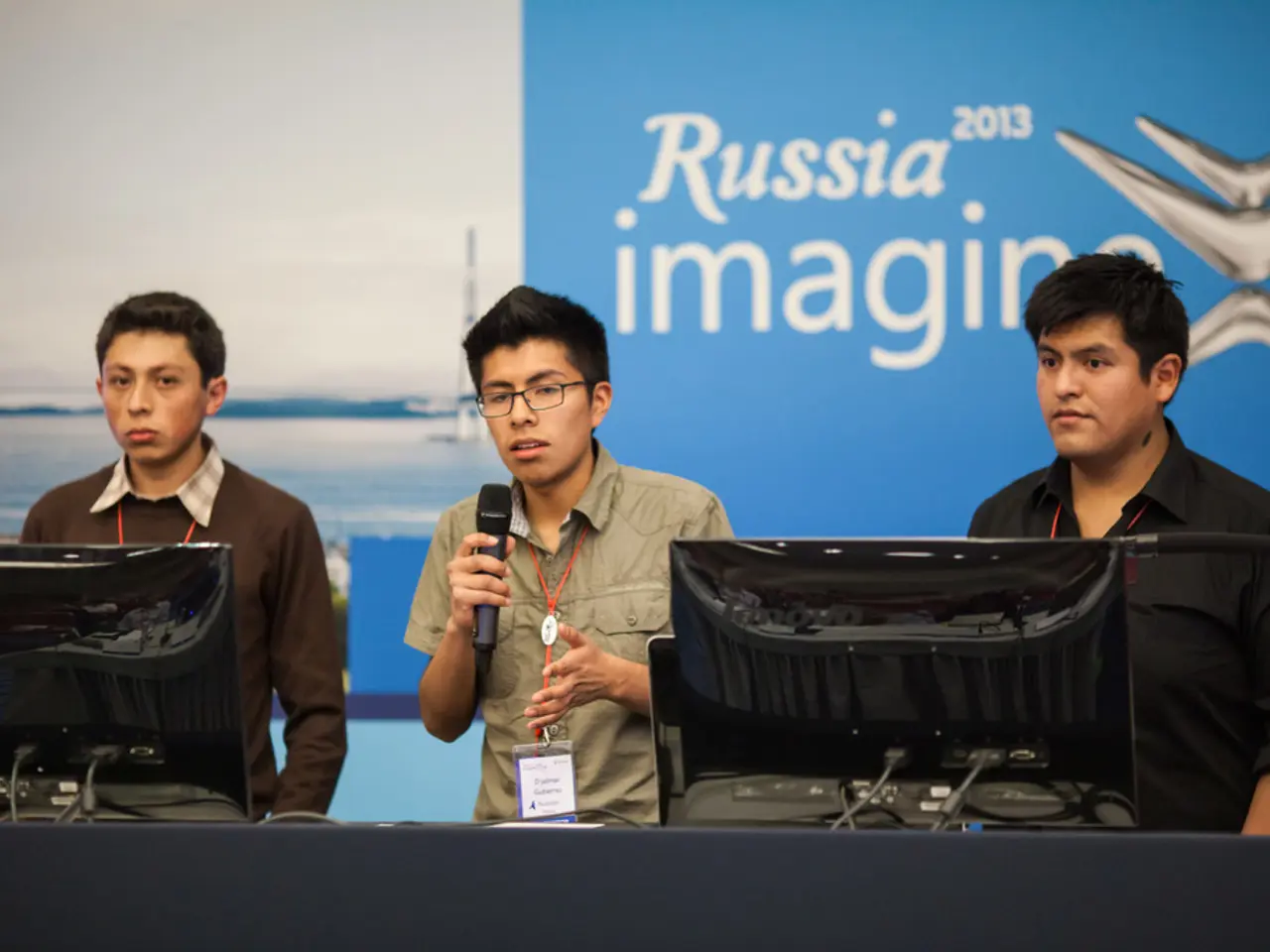Exam results and admissions for 2025: What were the scores and outcomes?
In the third year of the centralized exams (CE) in Belarus, an intriguing trend has emerged – an increase in perfect scores. According to the Ministry of Education, 2198 participants achieved the maximum score on the CE or CT in 2025, compared to 1558 in 2024, marking an increase of almost a third. However, the factors contributing to this rise remain a topic of discussion.
Improved educational resources and teaching methods, increased familiarity with exam formats, focused test preparation, policy changes, and greater student motivation are common factors contributing to an increase in perfect scores over time. Yet, specific reasons for the increase in Belarus from 2022 to 2025 remain elusive, as official reports or education ministry releases from Belarus or reputable educational research publications providing explicit data are not readily available.
One notable observation is the high passing scores at the Faculty of International Relations (FIR). Specialties like African studies have achieved high passing scores, around 387 points. Notably, passing scores for logistics, conflictology, world economics, and international law are even higher, at 393, 394, 398, and 398 points respectively.
The increase in higher entrance scores can be attributed to a variety of factors, including the admission of target-oriented students and the closure of certain specialties in 'non-profiled' universities. The Minister of Education, Andrei Ivanets, attributes the increase in high scores to the improvement in the quality of schoolchildren's preparation.
However, achieving scores above 390 may not guarantee admission due to the high competition. This competition has led to concerns among graduates, with some worrying that 400 points may not be enough soon.
Alexander Luzhevich, a tutor who has been working with university applicants for 13 years, believes that the change in the test format, particularly the removal of the indication of the number of correct answers, has caused significant difficulties for many students. Luzhevich also asserts that many Belarusian students still work with tutors, and it's unlikely that their achievements can be attributed solely to their school.
In history tests, some questions are based on ordinary textbook paragraphs, which can lead to difficulties if a student misses the information and doesn't encounter it again in the book. Luzhevich also suggests that the 2023 tests were objectively easier than the 2024 tests, but still not as challenging as the 2022 tests.
Belarusian history is objectively more challenging for students than other humanities subjects, as shown by the 2025 results, according to Luzhevich. Yet, students handled social studies, a foreign language, and the state language quite well this year.
Traditionally, "dentistry", "world economics", and "applied informatics" have high scores, with "translation studies" and "international economics and trade" added this year. Despite these challenges, the centralized exams in Belarus continue to evolve, offering a unique insight into the nation's educational landscape.
Education and self-development: Alexander Luzhevich, a tutor who has been working with university applicants for 13 years, believes that changes in the test format, such as the removal of the indication of the number of correct answers, have caused significant difficulties for many students, indicating the importance of learning effective test-taking strategies.
Learning: Notably, passing scores for specialties like logistics, conflictology, world economics, and international law are even higher, at 394, 398, 398, and 398 points respectively, suggesting that students are increasingly focusing on these subjects and putting in effort to excel in them, indicating a broader trend of increased focus on learning and self-improvement.




